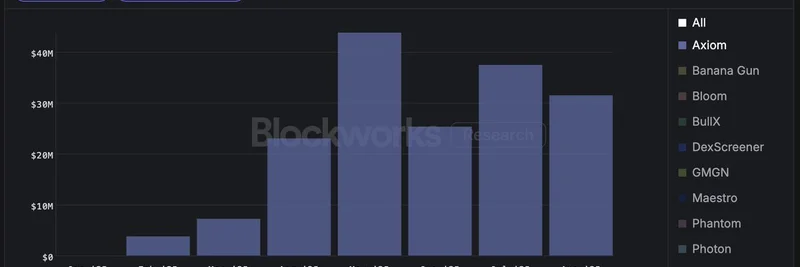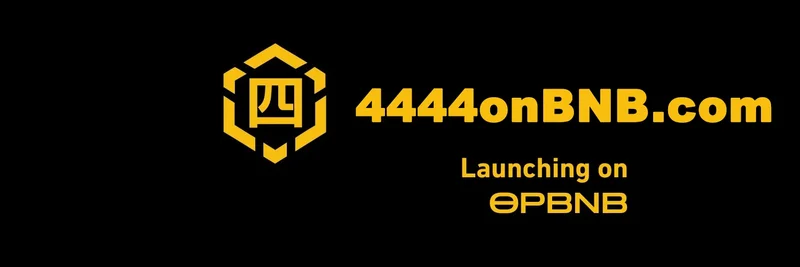In the fast-paced world of crypto, where memecoins can make or break fortunes overnight, a new player is turning heads. Jason Yanowitz, co-founder of Blockworks, recently sparked a conversation on X with a bold claim: Axiom might just be the best-performing company to ever come out of Y Combinator (YC). And he's got the numbers to back it up—over $100 million in revenue in just nine months, all with a team of fewer than five people. That's the kind of efficiency that makes traditional startups look like they're moving in slow motion.
Unpacking Axiom's Meteoric Rise
Axiom is a decentralized finance (DeFi) trading platform that lets users trade memecoins, perpetual contracts (often called "perps," which are derivatives that don't expire), and earn yield on their assets. Built on the Solana blockchain—known for its high speed and low fees—Axiom has carved out a niche by making these trades seamless and rewarding. According to their own listing on YC's job board, they've hit $10 million in monthly recurring revenue (MRR) and $5 million in monthly net profit since launch. If you're new to these terms, MRR is basically the predictable revenue a company expects each month, and net profit is what's left after expenses. For a startup this young, these figures are staggering.
The platform's success isn't just hype. A chart shared in the thread shows Axiom dominating Solana's trading platform revenue, outpacing competitors like Banana Gun, Bloom, and DexScreener in recent months.
What makes Axiom stand out? From what we can gather from their site at axiom.trade, they offer advanced features like wallet tracking, real-time analytics, and a rewards system where traders earn SOL (Solana's native token) just for participating. There's also a rank-based progression that boosts your rewards, plus referrals and quests to earn Axiom Points. It's non-custodial, meaning you keep control of your keys, and it's secured with top-notch tech to prevent hacks.
The X Thread That Got Everyone Talking
Yanowitz's post didn't go unnoticed. The thread quickly filled with reactions from the crypto community. One user questioned if it's true ARR (annual recurring revenue) or just top-line hype, to which Yanowitz clarified it's trading fees— not recurring, but still impressive. Another highlighted the insane revenue per employee: over $20 million each, which shatters the typical VC model of scaling with headcount.
Comparisons popped up too. Someone mentioned Pump.fun, another memecoin launcher on Solana, which reportedly runs lean as well. And there were the usual memes, like a surprised Pepe the Frog, capturing the shock value of Axiom's stats.
Questions arose about how a tiny team pulls this off. In DeFi, smart contracts and automation do a lot of the heavy lifting, reducing the need for a massive staff. It's a testament to building on blockchain—code runs 24/7 without coffee breaks.
Why This Matters for Memecoin Enthusiasts
At Meme Insider, we're all about the wild world of memecoins, those viral tokens often inspired by internet jokes or trends. Axiom's focus on memecoin trading puts it right in our wheelhouse. Platforms like this make it easier for traders to jump into the action, whether you're sniping the next big pump or hedging with perps. The yield aspect? That's earning passive income on your holdings, like staking but often with higher returns (and risks).
This success story highlights a shift in crypto: memecoins aren't just fun and games anymore; they're driving real revenue. If Axiom launches a token—as some in the thread are hoping—it could create even more buzz and incentives for users. For blockchain practitioners, it's a reminder that lean teams with smart tech can disrupt big time.
Looking Ahead
Axiom's trajectory could redefine what success looks like for YC companies and DeFi projects alike. With the crypto market heating up, keep an eye on platforms that blend trading with rewards. If you're trading memecoins on Solana, Axiom might be worth a try—just remember, crypto is volatile, so DYOR (do your own research).
What do you think— is Axiom the new benchmark for startup efficiency? Drop your thoughts in the comments below.




